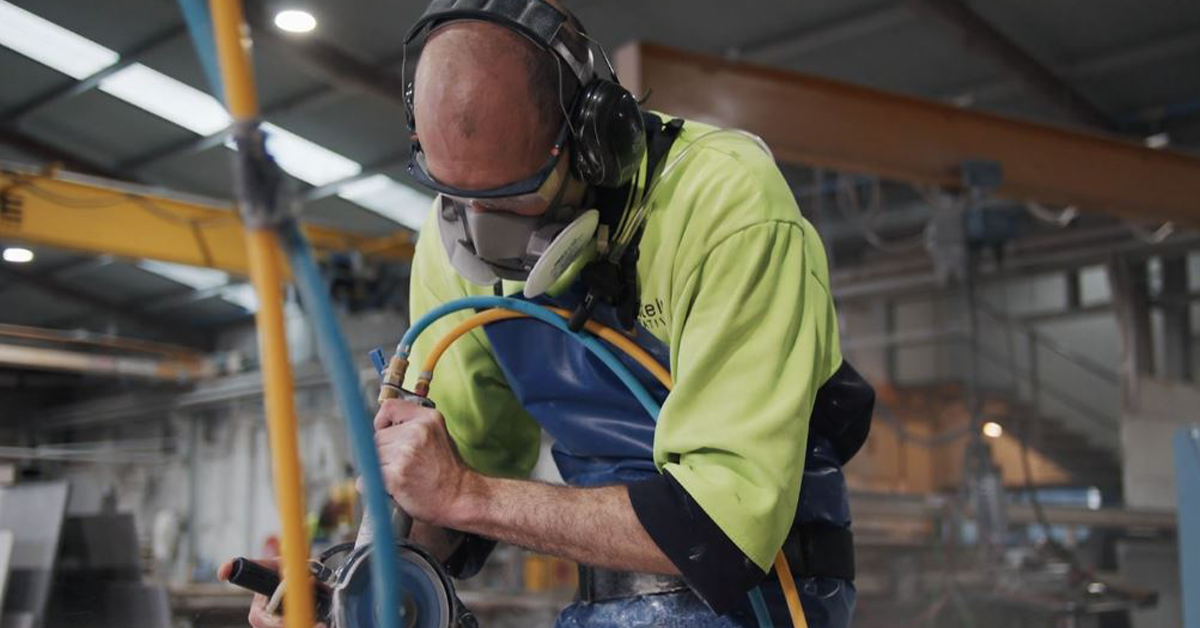- No products in the cart.
Submission to the Department of Employment and Workplace Relations discussion paper on ‘Employee like’ forms of work
May 22, 2023


This submission is made in response to the Department of Employment and Workplace Relations (‘DEWR’) “‘Employee-like’ forms of work and stronger protections for independent contractors” – Consultation Paper (‘the Consultation Paper’).
Summary of submission
Master Builders Australia does not support the ‘Employee-like’ policy and submits that the Government should not proceed to implement this commitment.
Only if Government decides to proceed with implementation, it should do so by ensuring any new jurisdiction or processes arising are clearly defined, narrow in scope and implemented only to the extent necessary to address the circumstances
commonly used to exemplify or justify the need for such measures.
In other words, if the Government is concerned about new and emerging forms of work available through digital platforms commonly described as ‘gig-work’ or the ‘gig-economy’ then it should implement policy that is clearly limited to these types
of arrangements and go no further.
Regrettably, the proposed method to implement the Government’s ‘Employee-like’ policy has always been expressed in a broad or vague manner such that it leaves the door open to be applied far more broadly and capture a wide range of circumstances
outside of the ‘gig-economy’. This includes well-established forms of work that are more accurately characterised as small business rather than ‘employee-like’ including the use of independent contractors and self-employed tradies within the building and construction industry.
Master Builders has been vocal for some time in highlighting the potential for the ‘Employee-like’ measure to capture long-standing, lawful and legitimate arrangements used by building and construction industry participants. Despite this, the consultation paper to which this submission responds does not allay or relieve the concerns held by Master Builders and instead serves to make them far more acute.
As such, it is Master Builders position that the ‘Employee-like’ measure as outlined in the Consultation Paper represents one of the most significant and real attacks on the rights of self-employed and independent contractors, including over 264,000 selfemployed tradies that currently exist within the building and construction industry. This represents around one in five workers in the industry.
It is well understood that many people choose to work as an independent contractor to give them the flexibility and freedom to choose the hours they work, the projects they work, who they work for and negotiate their own fees and conditions.
The adverse impacts and ramifications for building and construction cannot be understated if the policy is implemented in a manner foreshadowed in the Consultation Paper. It would fundamentally upend and damage the entire building and construction industry which is founded upon a model of specialist contract work arising from the way in which building work is performed.
It would create a range of negative impacts for the community and consumers and introduce a significant amount of uncertainty and commercial risk in circumstances that are simply unnecessary. Such outcomes could not come at a worse time for building and construction which, after years of disruption and uncertainty, continues to experience a range of growing industry pressure points against a backdrop of general economic uncertainty and growing inflationary concerns.

